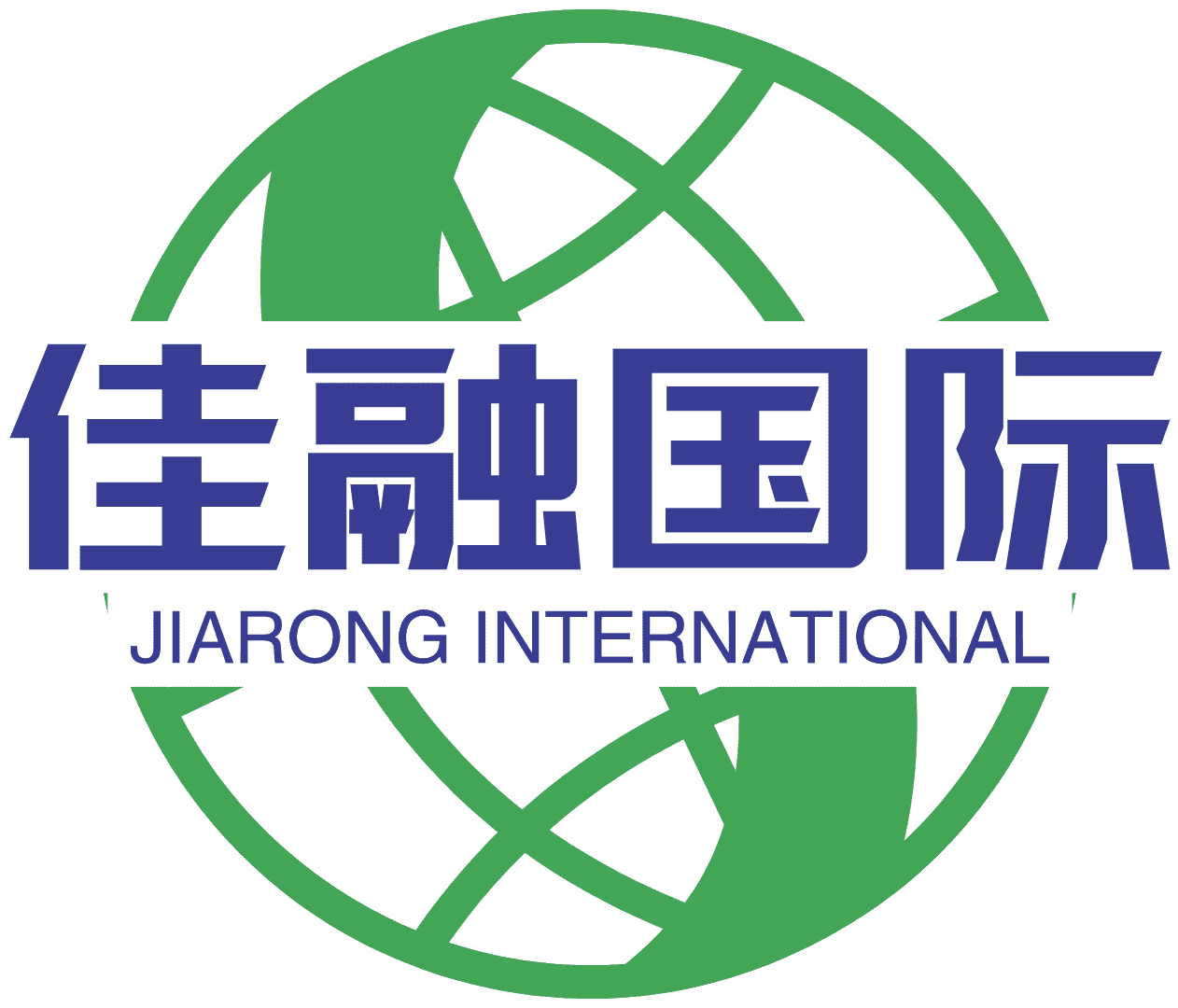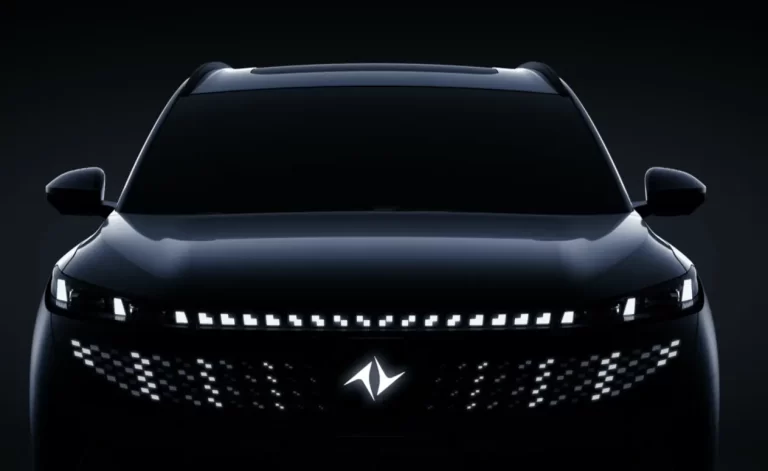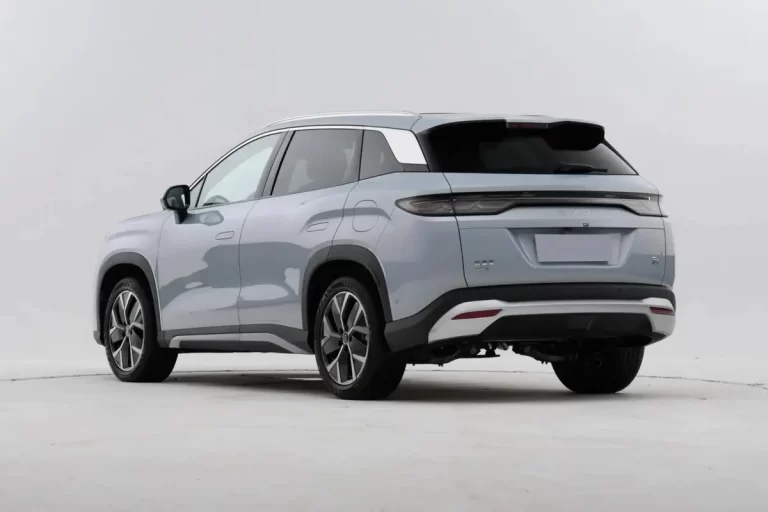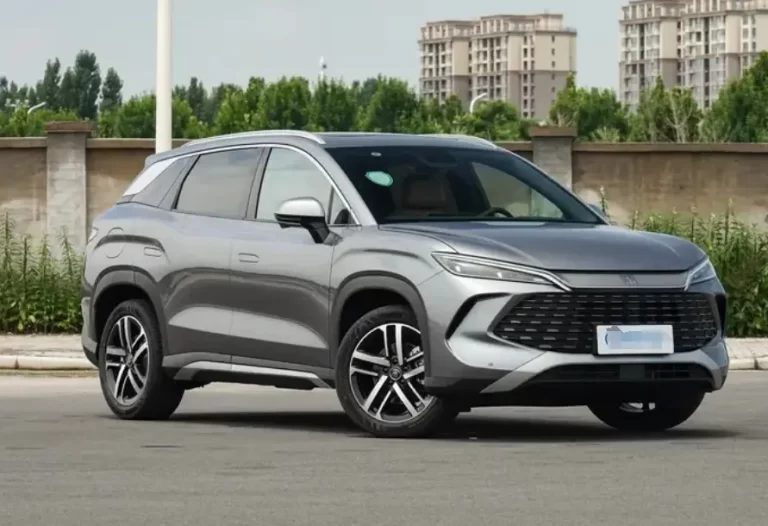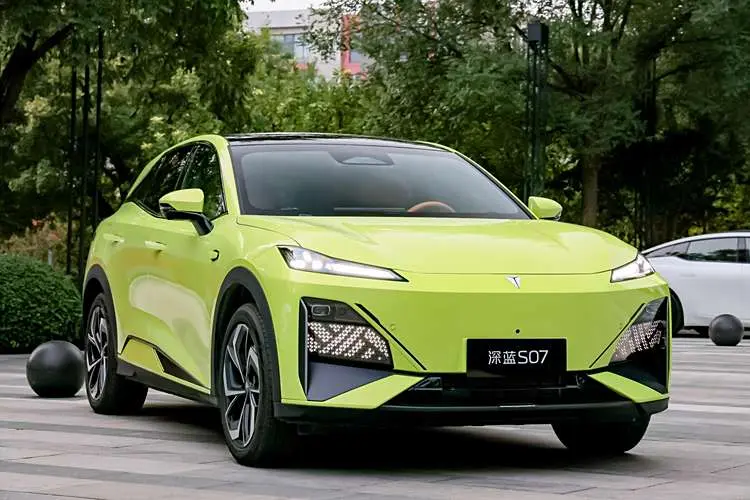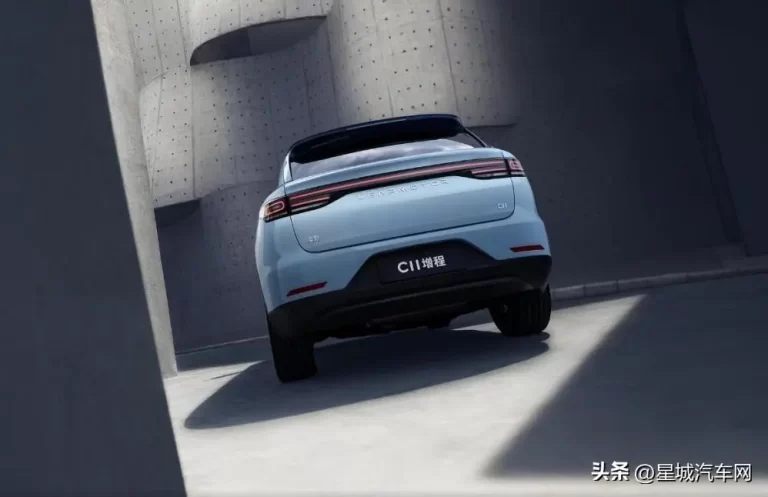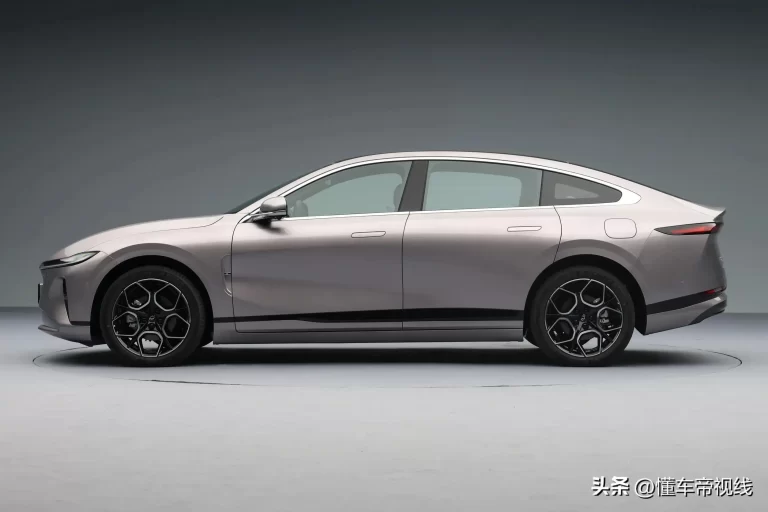Recently, according to Bloomberg News, Canadian Finance Minister ChrystiaFreeland (ChrystiaFreeland) said on Tuesday that it is considering banning Chinese domestic software in cars.

According to people familiar with the matter, the ban on Chinese-made car software is a long-term strategy being considered by the Canadian government to prevent Chinese electric vehicles from penetrating the market.
However, the implementation of this measure will not be easy and may require new legislation to clarify safety standards and enforcement details. A general election could be triggered at any time within the next year, complicating a ban. With Trudeau far behind in the polls, an election could lead to a change of government.
Canadian Prime Minister Justin Trudeau’s government has announced a 100% surtax on Chinese electric vehicles and a 25% surtax on aluminum and steel products. In response, the Ministry of Commerce said that the Canadian side ignored the facts and WTO rules, ignored China’s repeated solemn representations, and ignored the opposition and dissuasion of many parties. China is strongly dissatisfied with and firmly opposed to this.
According to Statistics Canada, a total of 2.2 billion Canadian dollars (about 11.6 billion yuan) of Chinese electric vehicles will be imported into Canada in 2023, mainly the Tesla Model Y produced in Shanghai, China (photo | configuration | inquiry), with the number of about 44,400 units.
Previously, Canada imposed a tariff of about 6.1 percent on Chinese-made cars. Canada also allows consumers to take advantage of a federal tax rebate program when buying a foreign-made electric vehicle, and many buyers take advantage of this incentive, with car purchase rewards in the range of $5,000.
Last month, Freeland also launched a consultation on other Chinese products that could be subject to high tariffs, such as battery parts and key minerals.

